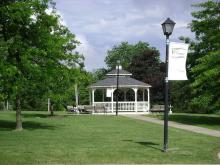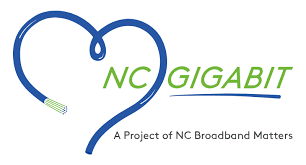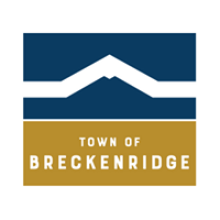Auburn Essential Services Steady as It Grows - Community Broadband Bits Podcast 394

Auburn Essential Service (AES) is one of those networks that has been serving the community for years with a steady presence and a strong commitment to the community. This week, Christopher talks with AES General Manager Chris Schweitzer about their fiber optic network, how they're innovating, and their recipe for consistent growth.
AES began with fiber infrastructure for their electric utility. They entered the broadband business first for municipal facilities, and later for businesses when the incumbent providers couldn't deliver necessary connectivity to one of the city's prominent employers. The company was ready to relocate until AES stepped in. Rather than face the economic impact of substantial job losses, AES connected the company and never looked back.
That was in the early 2000s and now AES offers Internet access to large segments of residents and businesses. Christopher and his guest talk about the way AES has taken a deliberate approach to expanding the network citywide and how they're implementing new technologies as they refresh the infrastructure. They discuss the network’s financial health (hint: it’s doing great) and how AES seeks grant funding to aid in further expansion.
Chris describes the new partnership that AES and nearby Garrett, Indiana, have developed to bring fiber broadband to the residents in the small community of about 6,300 people. The utility has a philosophy that other munis also embrace — straightforward pricing and customer-centered services — that have helped drive their success in the residential market.
Check out our first interview with Chris back in 2013, when he joined us for episode 77.
This show is 29 minutes long and can be played on this page or via Apple Podcasts or the tool of your choice using this feed.
Transcript below.
We want your feedback and suggestions for the show-please e-mail us or leave a comment below.
Listen to other episodes here or view all episodes in our index. See other podcasts from the Institute for Local Self-Reliance here.
Thanks to Arne Huseby for the music. The song is Warm Duck Shuffle and is licensed under a Creative Commons Attribution (3.0) license.



 In this interview, we learn more about both cooperatives and about their long histories of serving people who live in rural communities. Each has their own special expertise and this partnership allows them to combine those for the benefit of members who want better connectivity. Piedmont is one of several electric cooperatives that Wilkes, through RiverStreet, is working with to expand connectivity in rural North Carolina. Greg also describes the ways that RiverStreet works with local communities to take advantage of public assets to expand broadband to more households and businesses.
In this interview, we learn more about both cooperatives and about their long histories of serving people who live in rural communities. Each has their own special expertise and this partnership allows them to combine those for the benefit of members who want better connectivity. Piedmont is one of several electric cooperatives that Wilkes, through RiverStreet, is working with to expand connectivity in rural North Carolina. Greg also describes the ways that RiverStreet works with local communities to take advantage of public assets to expand broadband to more households and businesses.


